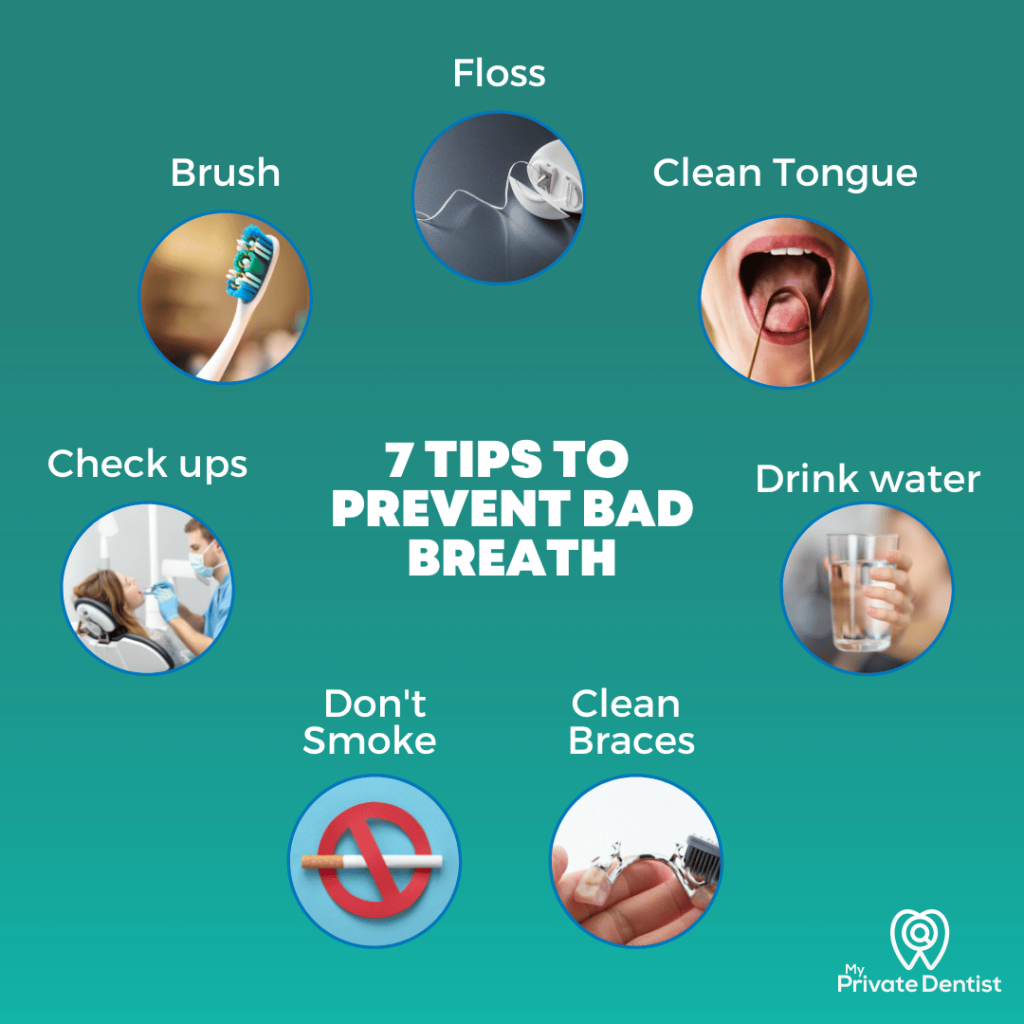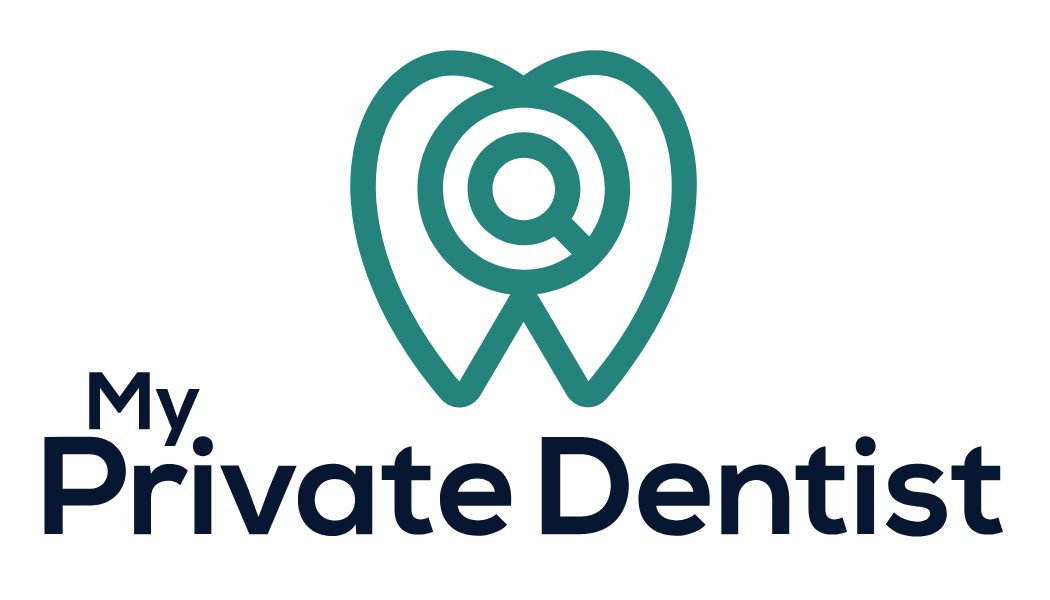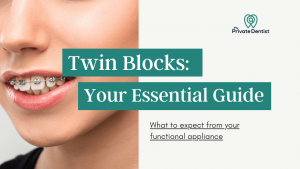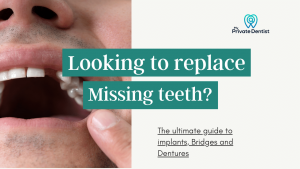
Table of Contents
Do cavities cause bad breath?
If you have cavities which are trapping food and bacteria, they could be a source of bad breath. Getting a cavity cleaned out and filled by a dentist could help resolve the issue.
As a dentist, I am often asked if cavities cause bad breath, and similar questions by patients who worry about bad breath. Below I cover how cavities can cause bad breath. I will then go on to explain other more common causes and how to resolve these.
Tooth decay and bad breath

If you have a sticky or sugary diet, and do not brush your teeth well enough, you are at risk of getting holes in your teeth. These are known as cavities.
Bacteria on your tooth surfaces feed on the sugary substances and release acid. This can dissolve and soften your tooth, which can then collapse into a cavity.
If food gets into these holes, and you are unable to clean it out, it starts to stagnate. Decaying food releases sulphur compounds which have an unpleasant odour. [1]
Will fillings solve my bad breath?
A dentist can find where all the cavities are in your teeth. They can then thoroughly clean out any food and decay in the tooth. Filling in the holes with amalgam or composite, will stop food from getting in and restore health.
What else can cause bad breath?
Food and drinks: Broken down food can become trapped around your mouth and exude a bad smell. Certain foods, including garlic and onions, are worse for this.
Brushing after eating can help to keep your breath fresh. Drinking coffee and alcohol can also lead to bad breath as they are dehydrating.
Poor oral hygiene: Not cleaning your mouth well enough in the mornings, can lead to bad breath throughout the day. Brushing, flossing and tongue cleaning help with this.
Wearing a denture or brace: provides more places where bacteria can hide in your mouth. If your appliance is removable, make sure you are taking it out and washing it daily.
Infections in your mouth: Bacterial Infection around your erupting wisdom teeth, or draining pus from a broken tooth can cause a bad smell. This can also be the case during the healing process if you have had a tooth extracted or surgery.
Dry mouth: Saliva helps to keep the mouth clean, and can help to wash away bacteria and food debris from your mouth. Dry mouth can be a side effect of medication, dehydration or mouth breathing.
Smoking: Tobacco products have an unpleasant smell, but can also lead to dry mouth and gum disease which are additional causes of bad breath.
Bacteria on tongue: The anatomy of the tongue or underlying conditions can lead to your tongue being coated in dead cells or bacteria.

My recommended 7-step regime for resolving bad breath

- Brushing at least twice a day with an electric toothbrush
- Flossing your teeth before bed
- Brushing your tongue or using a tongue scraper once a day
- Cleaning braces, appliances or dentures daily
- Drink water throughout the day to avoid dry mouth
- Avoid smoking and limit alcohol and coffee consumption
- Visit a dentist for a yearly inspection, to make sure your teeth and gums are healthy.
If symptoms continue after this it may be worth seeing a doctor as sometimes there can be underlying causes such as diabetes or chronic reflux.
What should I do now?
If you feel like you suffer from bad breath which you are unable to manage, find a dentist today. They can carry out a full inspection of your teeth for cavities, as well as making sure you have healthy gums.




1 Comment
Courtney Nelson
December 11, 2023Their expertise was evident (https://granitebeltdental.com.au/), and they took the time to explain every step of the process, ensuring I felt informed and at ease throughout my appointment. It’s clear that the team at Warwick Dentist values patient education and empowerment.